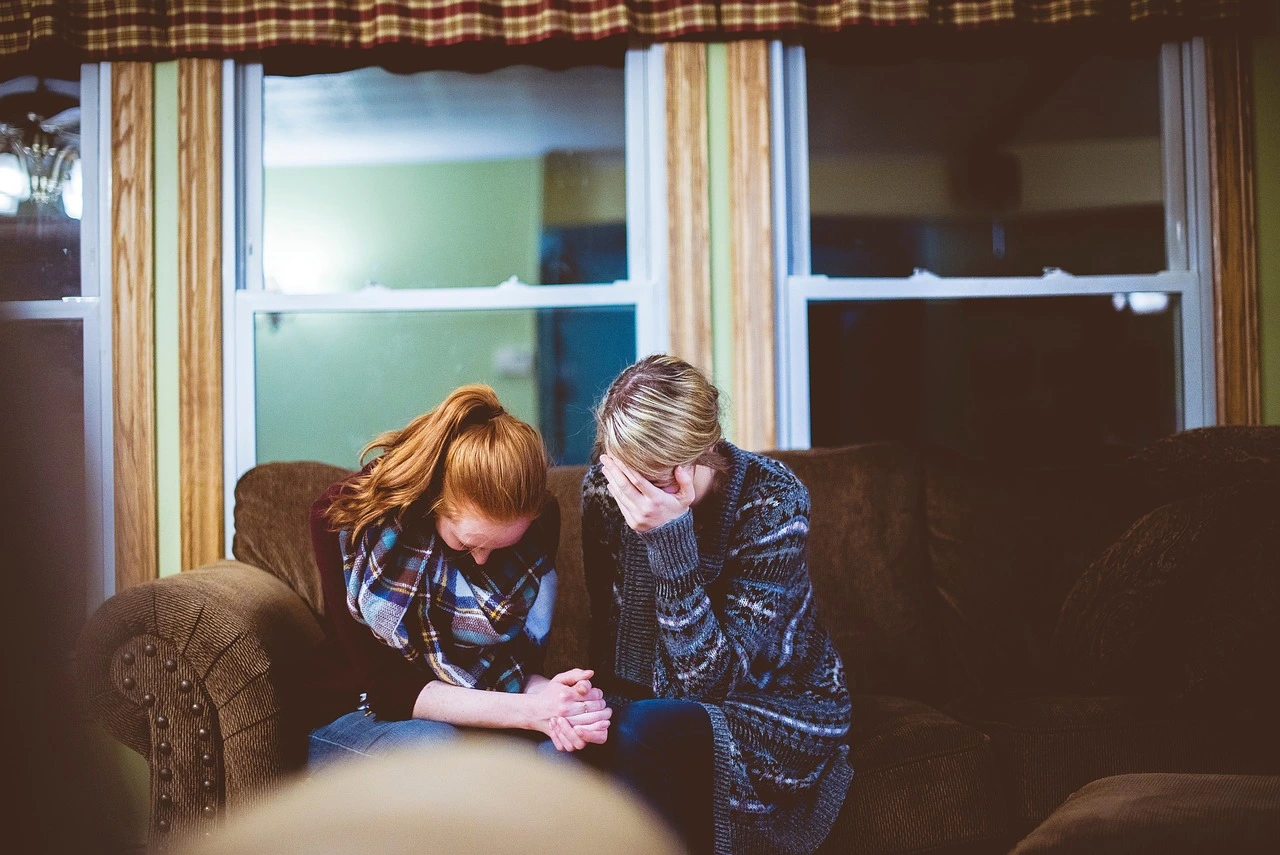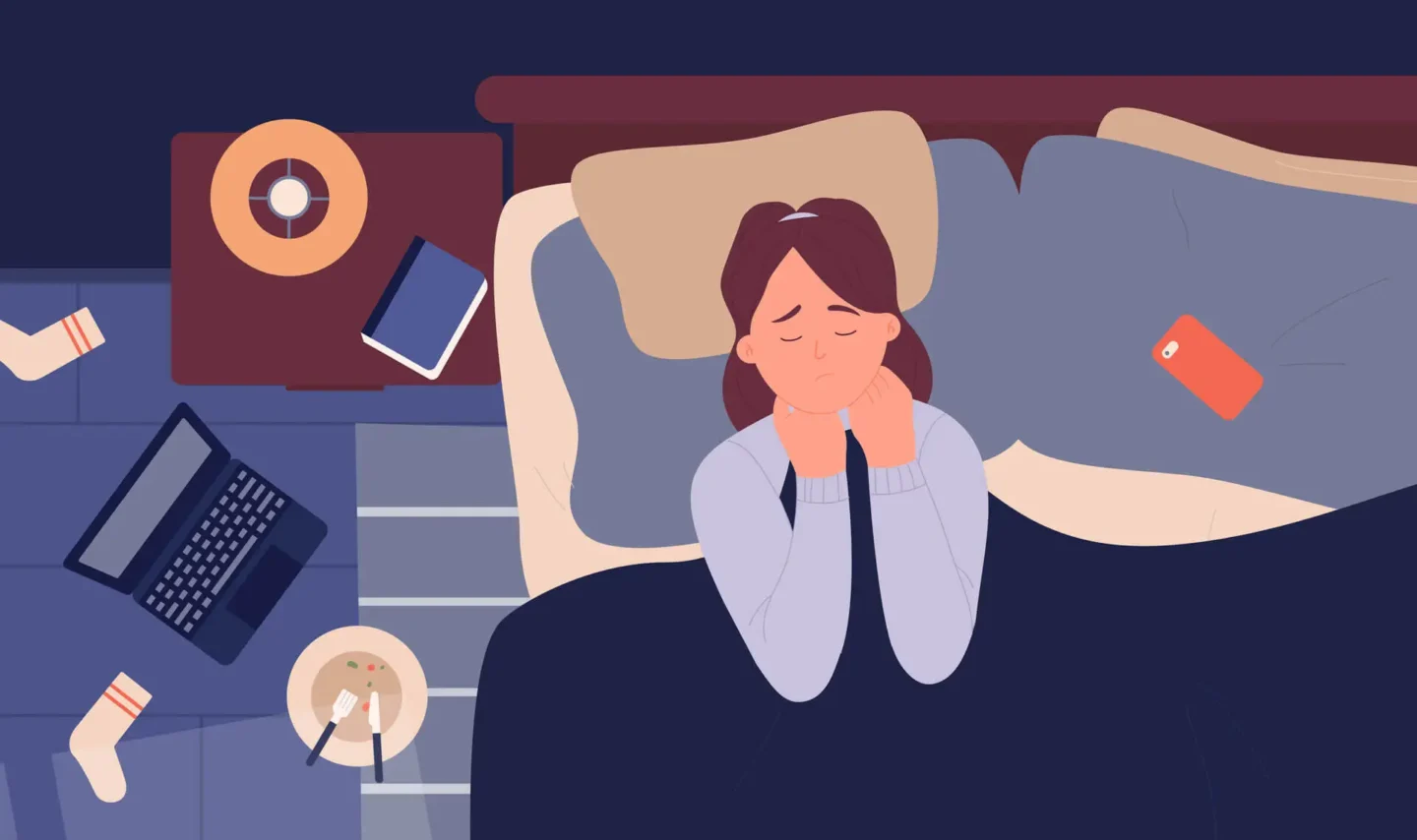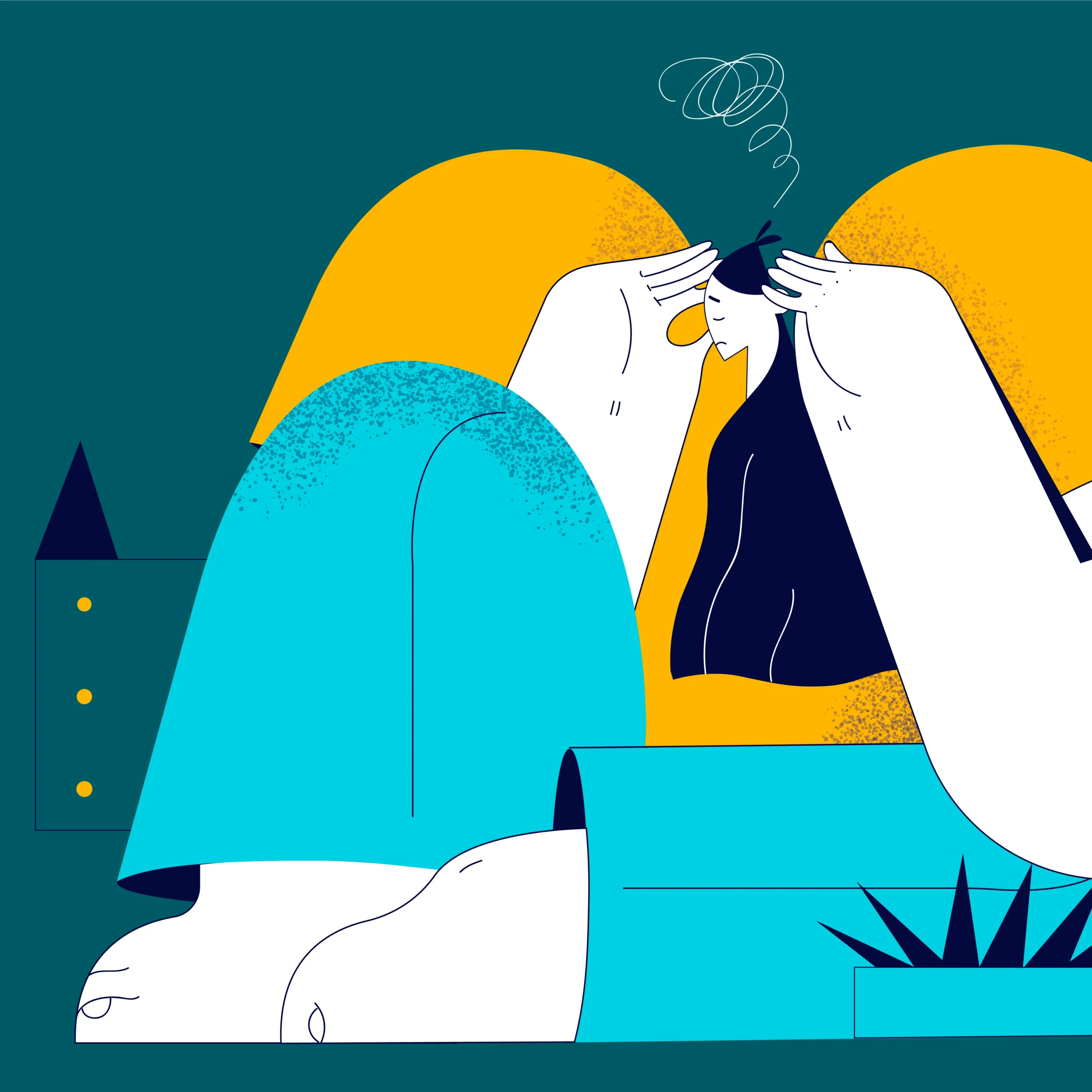Depression is a word we often throw around when we’re feeling down or having a bad day. But there’s a significant difference between feeling sad occasionally and suffering from clinical depression. It’s crucial to recognize the signs of depression early on so that you can seek the help you need. If you’re wondering about “How to Know You Suffer From Depression,” this blog post will guide you through the symptoms and help you understand what to look out for.
What Is Depression?
Before diving into the signs and symptoms, let’s clarify what depression is. Depression is a mental health disorder characterized by persistently low mood, loss of interest in activities, and a range of physical and emotional problems. It affects how you feel, think, and handle daily activities, making even the simplest tasks seem overwhelming.

Common Symptoms of Depression
Persistent Sadness or Low Mood
One of the most common signs of depression is a persistent feeling of sadness, hopelessness, or emptiness. If you find yourself feeling down most of the day, nearly every day, for at least two weeks, it might be a sign of depression.
Loss of Interest or Pleasure in Activities
Another major symptom is losing interest or pleasure in activities you once enjoyed. Whether it’s a hobby, spending time with friends, or even eating your favorite food, nothing seems to bring you joy anymore.
Changes in Appetite and Weight
Depression can cause significant changes in your appetite, leading to weight gain or loss. You might find yourself overeating or having no appetite at all.
Sleep Disturbances
Insomnia or excessive sleeping are common symptoms of depression. You might have trouble falling asleep, staying asleep, or waking up too early, or you might sleep much more than usual and still feel tired.
Fatigue or Lack of Energy
Feeling constantly tired or having a lack of energy, even after a full night’s sleep, is a typical symptom of depression. Everyday tasks can feel exhausting, and you might find it hard to get out of bed in the morning.
Difficulty Concentrating
Depression can make it hard to concentrate, remember details, or make decisions. You might find yourself feeling indecisive or easily distracted.
Feelings of Worthlessness or Guilt
Persistent feelings of worthlessness, guilt, or self-blame are common in depression. You might find yourself fixating on past failures or blaming yourself for things that aren’t your fault.
Restlessness or Irritability
Some people with depression feel restless or irritable. You might find yourself easily annoyed or frustrated, even over small things.
Physical Aches and Pains
Depression can manifest as physical symptoms, including unexplained aches and pains, headaches, or digestive issues. These symptoms often don’t respond to typical treatments.
Thoughts of Death or Suicide
If you have recurrent thoughts of death, suicide, or self-harm, it’s crucial to seek help immediately. These thoughts are a severe symptom of depression and should not be ignored.
Identifying Depression in Yourself
It’s important to remember that everyone experiences depression differently. You might not have all the symptoms listed above, but if you have several of them and they persist for more than two weeks, it might be time to consider that you could be dealing with depression.
Read more about “How Long Does Depression Treatment Last?” on our blog page today!

Self-Assessment
Here are a few questions to ask yourself:
- Have I been feeling sad, empty, or hopeless most of the day, nearly every day?
- Have I lost interest or pleasure in activities I used to enjoy?
- Have I experienced significant changes in my appetite or weight?
- Am I having trouble sleeping or sleeping too much?
- Do I feel tired or have a lack of energy almost every day?
- Is it hard for me to concentrate, make decisions, or remember things?
- Do I often feel worthless, guilty, or self-critical?
- Have I been feeling more irritable or restless than usual?
- Am I experiencing unexplained physical problems, like aches or digestive issues?
- Have I had thoughts of death, suicide, or self-harm?
If you answered “yes” to several of these questions, it’s a good idea to reach out to a healthcare professional for a more thorough evaluation.
When to Seek Help
Recognizing that you might be suffering from depression is the first step toward getting better. Here are some steps you can take:
- Talk to Someone: Share your feelings with a trusted friend or family member. Sometimes just talking about what you’re going through can provide relief and support.
- See a Doctor or Therapist: A healthcare professional can diagnose depression and help you develop a treatment plan. This might include therapy, medication, or a combination of both.
- Reach Out to Support Groups: There are many support groups, both online and in-person, where you can connect with others who understand what you’re going through.
- Take Care of Yourself: Try to maintain a routine, eat well, exercise, and get enough sleep. Self-care can make a significant difference in how you feel.
Looking for one of the leading Arlington Depression Treatment Center? Just give Elysian Psychological Services a call now!
Treatment Options
There are various treatment options available for depression, and what works for one person might not work for another. Here are some common treatments:
- Therapy
- Cognitive Behavioral Therapy (CBT): Helps you identify and change negative thought patterns.
- Interpersonal Therapy (IPT): Focuses on improving your relationships and communication skills.
- Psychodynamic Therapy: Explores past experiences and emotions to understand current issues.
- Medication
- Antidepressants: Medications like SSRIs (Selective Serotonin Reuptake Inhibitors) or SNRIs (Serotonin and Norepinephrine Reuptake Inhibitors) can help balance chemicals in your brain.
- Lifestyle Changes
- Regular Exercise: Physical activity can boost your mood and energy levels.
- Healthy Diet: Eating a balanced diet can improve your overall well-being.
- Adequate Sleep: Ensure you get enough rest to help your body and mind recover.
- Alternative Treatments
- Mindfulness and Meditation: These practices can help reduce stress and improve your mood.
- Acupuncture: Some people find relief from depression symptoms through acupuncture.
The Importance of Early Intervention

The sooner you recognize the signs of depression and seek help, the better your chances of recovery. Depression is a serious condition, but it’s also highly treatable. With the right support and treatment, you can manage your symptoms and live a fulfilling life.
Final Thoughts
If you’re reading this and recognizing these symptoms in yourself, remember that you’re not alone. Many people experience depression, and help is available. Reach out, talk to someone, and take that first step toward getting the support you need. Understanding and acknowledging your feelings is a powerful move toward healing and recovery.
Depression can feel isolating, but with the right treatment and support, you can find your way back to a happier, healthier life. Don’t hesitate to seek help and remember, it’s okay to ask for support. Your mental health matters, and you deserve to feel better.If you’re unsure whether you’re suffering from depression, don’t wait to find out. Connect with Elysian Psychological Services today to get the support and answers you need. Our expert team is ready to help you understand your feelings and guide you on the path to recovery. Take the first step toward a brighter future with our compassionate care. Contact us now and start your journey to better mental health.


